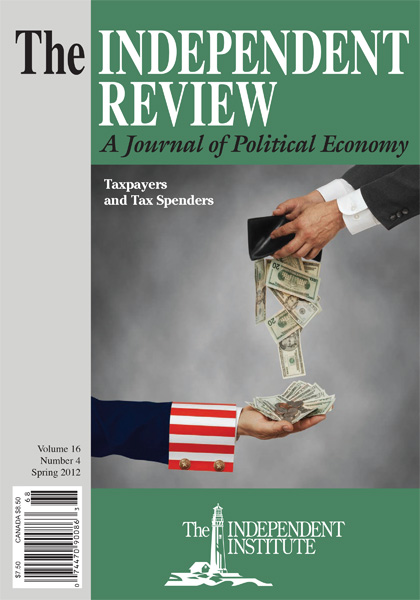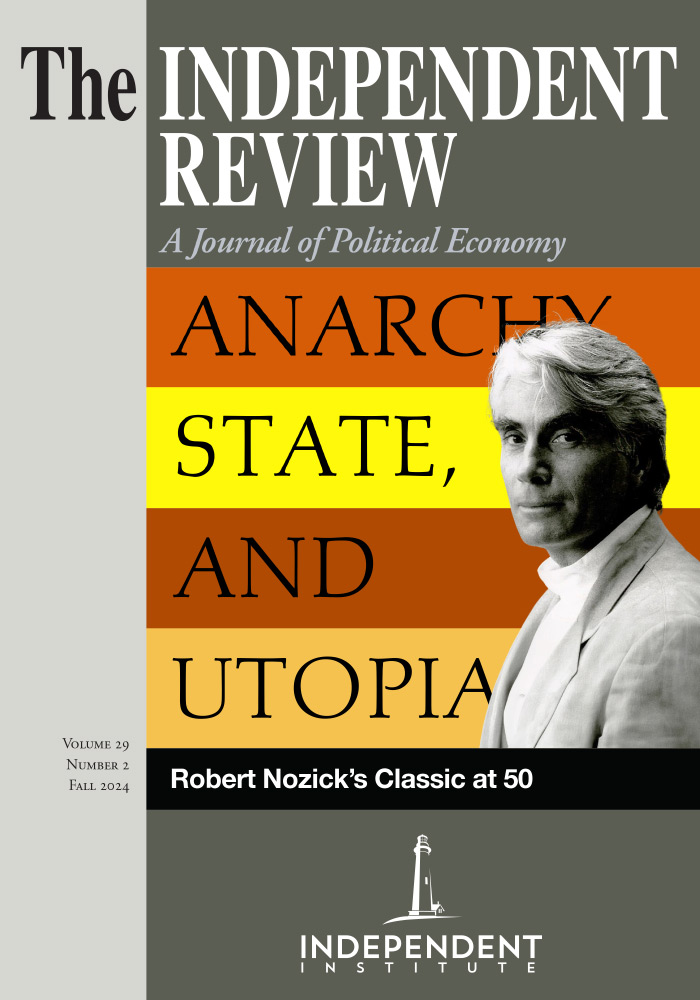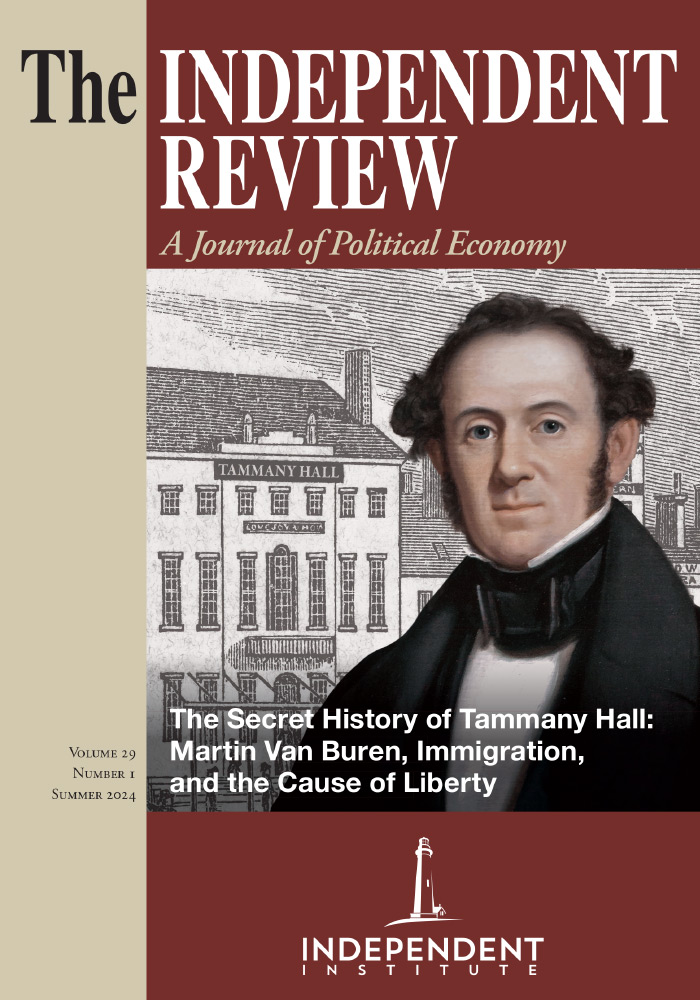Hunter-gatherer societies can shed light on one of the most fundamental issues bearing on political economy—whether man is better adapted to individualism or to collectivism. The evidence suggests that for millennia before the agricultural revolution, man lived in a state of political autonomy and economic freedom and acted basically as a self-interested individualist, not as the altruist depicted in much of the socialist literature.
Article
In this article, I ask a perennial yet still unresolved question: What version of political economy—collectivist or individualistic—is more consistent with man’s basic nature? Does man naturally respect an individual’s right to the products of his own efforts, or does he believe that others have a higher claim on those products? Is he genetically programmed to be an independent decision maker, or does he feel more comfortable in a passive role, following a strong leader? To be sure, philosophers and political theorists have given different answers to these questions, but almost always without significant supporting evidence. I argue here that such evidence does exist and may in fact be obtained by applying basic principles of evolutionary biology to the voluminous ethnographic literature available in the field of anthropology.
Archaeological and biological evidence suggests that humans, defined by Richard Leakey as upright apes, first appeared about seven million years ago (1994, xiii). Since then, with the exception of perhaps the past ten thousand years, it is likely that man lived in small, kinship-based hunter-gatherer bands. In such an environment, over such a long period of time, man would have evolved patterns of behavior and socioeconomic institutions that promoted survival in hunter-gatherer or foraging societies. We must conclude, therefore, that modern man is, in a fundamental, biological sense, a hunter-gatherer. To understand modern man in his entirety, we must understand him in his primitive condition, long before the advent of civilization a scant five to ten thousand years ago.









